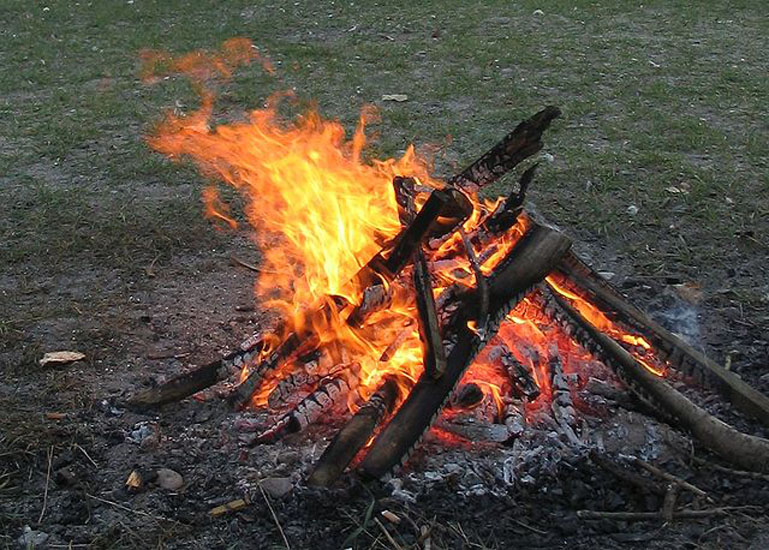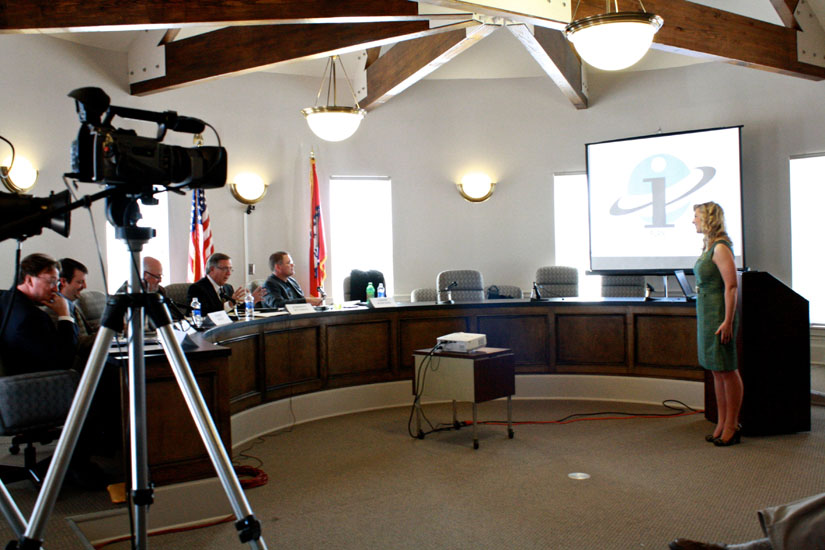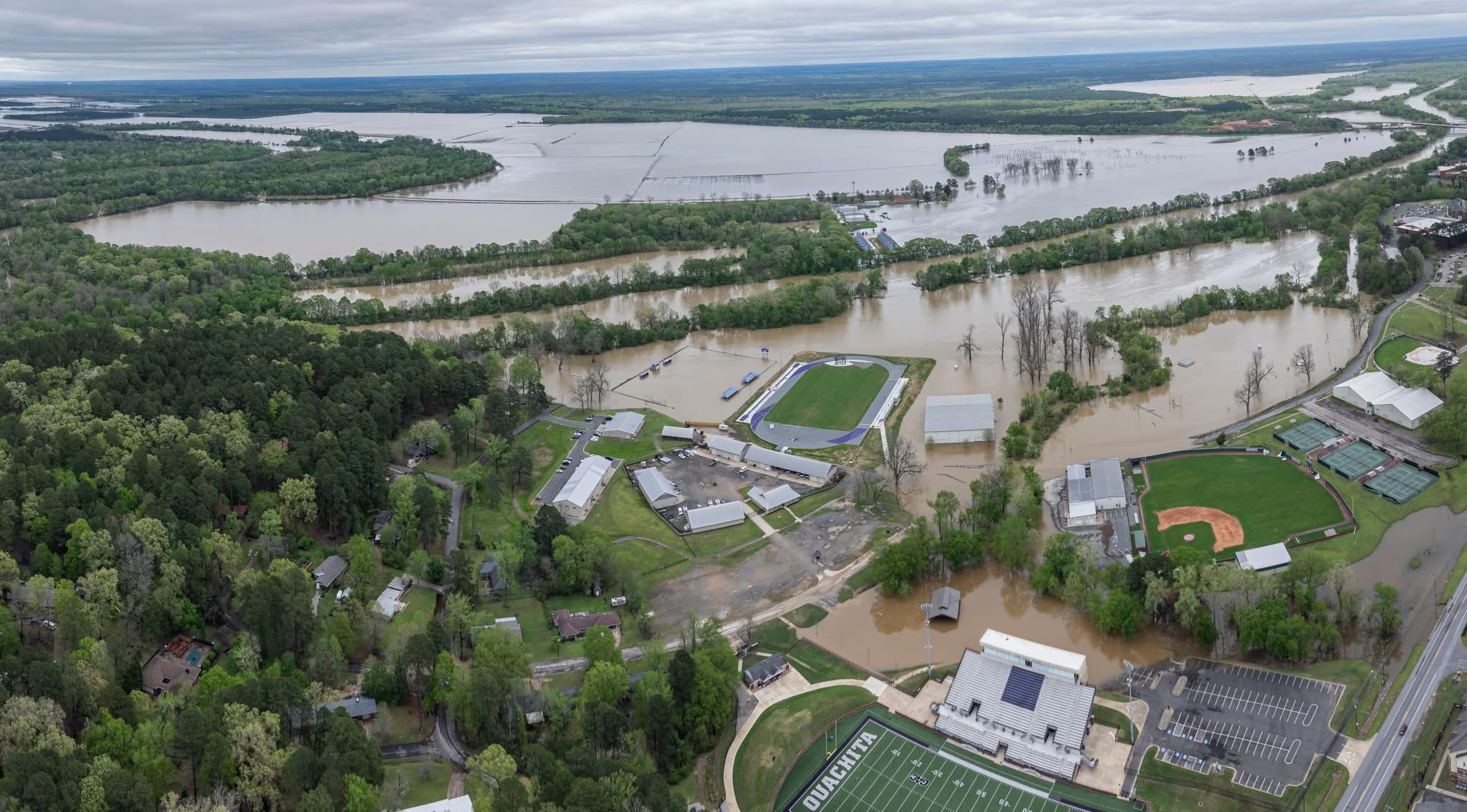The burn ban in Arkadelphia has been lifted by Clark County Judge Ron Daniell, effective last Tuesday. The ban was active for a little more than a month following an unusually dry period in the area.
The lift occurred at a perfect time for residents of Clark County, allowing permission to burn brush and dead wood that has been accumulating as a result of trees dying from the lack of rainfall.
“Many South Arkansas farmers burn weeds and spent crops in order to provide nitrogen for the region’s depleted sandy soils,” said Dr. Marshall Horton, professor of economics and finance. “Now that we have had some autumn rains, burning spent crops and weeds can be safely done once again, for now.”
In many natural areas like Arkansas, fires are a natural and beneficial part of the ecosystem. However, because Clark County prevented fires for so long, the debris on the ground has built up so much that fires now burn much too hot and are more likely to get out of control and threaten homes and businesses, according to Dr. Tim Knight, professor of biology.
This comes at an interesting time, with Arkansas’ neighboring state Texas being scorched with wildfires in one of the worst droughts it has experienced since the 1950s. With around 35 percent of Ouachita population coming from Texas, the drought is hitting close to home.
“Texas is important economically for many reasons, including the livestock, timber and farming industries that are so prevalent across east and central parts of the state,” said Brett Powell, vice president for administrative services. “I have to think that all of the neighboring states, including Arkansas and possibly the entire country, will be affected in some way by the damages caused by these fires.”
In the past two weeks, the Texas Forest Service has responded to 86 fires, and 250 of the 254 Texas counties are enforcing burn bans. Among the largest, the Bastrop County wildfires destroyed 852 homes and damaged more than 1,000 homes, according to official reports.
“Texas has been a bright spot for the nation’s economy for several years, but the loss of goods for export because of the drought and wildfires will affect the entire nation,” Horton said. “The drought has resulted in record electricity use for the state, which has had to take electricity from the rest of the U.S. electrical grid.”
According the Texas Forest Service, the total number of homes and structures that have been destroyed from the fires is estimated at 3,530. While the main concern in the immediate aftermath is the homes and businesses destroyed, in the long run the Texas economy and national economy will suffer even more as a result of the drought and fires.
“I think we have to be careful about trying to manipulate economic development,” Horton said. “Texas has been a leader in subsidizing business and population relocation. Now the state seems to be under economic attack.”
There is no way to prevent droughts, however residents can better prepare for it to happen, according to Knight. The first way to prevent droughts and wildfires is to not build cities and large communities in chronically dry areas.
“Even though the burn ban has been lifted in our area, I hope students, faculty and staff will still be cautious,” Powell said. “It has been an extremely dry year in our area. Even though we have had recent rains, we are still predicted to have continued drought conditions this fall. It will not take long for the area to become dry again — making any outdoor fire potentially dangerous.”
Picture courtesy of Dirk Beyer.












